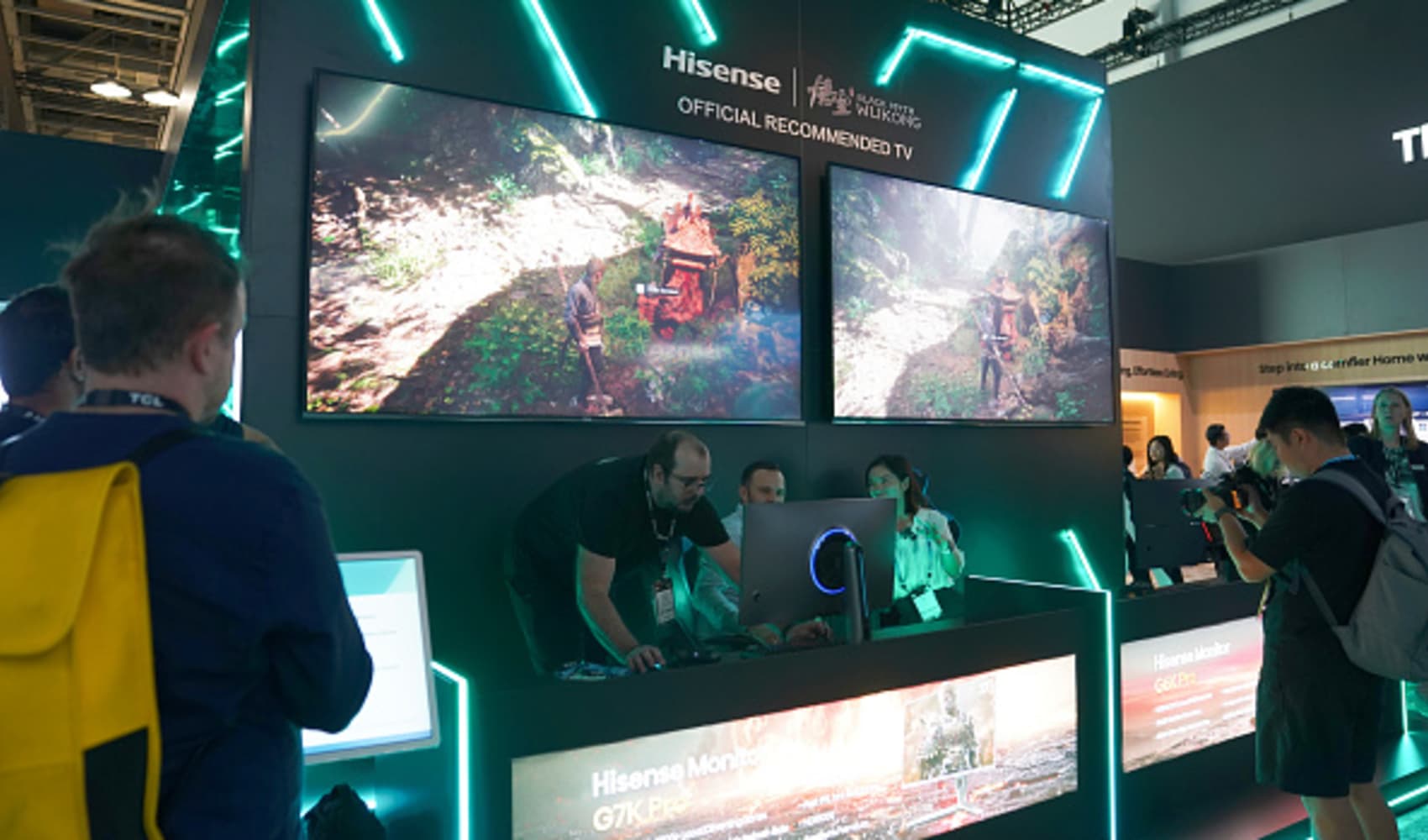
If you ask Mark Cuban, artificial intelligence isn't a very capable problem-solver — and he doesn't see that changing any time soon.
In an interview with Wired last month, the billionaire entrepreneur and investor posed a question: If you were blind, would you trust a seeing-eye dog or a self-driving car more to guide you for a few blocks?
"A dog can sense issues," said Cuban, 66. "Nothing about a self-driving car understands what's adversarial or not. If it hasn't seen it, it has no idea. Whereas a dog is going to understand. I think smart puppies are smarter than AI is today or in the near future."
The point, he said, was to examine how trustworthy AI is in getting people through tough, real-world situations.
Get top local stories in Philly delivered to you every morning. Sign up for NBC Philadelphia's News Headlines newsletter.
"We have a mini Australian Shepherd. I can take Tucks and just drop him in a situation, and he'll figure it out quick," said Cuban. "I take a phone with AI and show it a video, it's not going to have a clue. And I don't think that's going to change for a long time."
'Wisdom doesn't come with text'
Some experts agree with Cuban — including Meta AI chief Yann LeCun.
Money Report
ChatGPT has passed biology, business, law and medical licensing exams — but neither it nor any other AI tool can load a dishwasher, a task that a 10-year-old could "learn in 10 minutes," LeCun said at the Viva Tech conference last year. "What it tells you [is] we are missing something really big ... to reach not just human level intelligence, but even dog intelligence."
Until scientists and engineers devise a way for AI robots and systems to learn by carrying out biological brain functions, like senses and movement, they won't ever be able to have human-level — or pet-level — intellect, LeCun added.
"Those systems are still very limited, they don't have any understanding of the underlying reality of the real world, because they are purely trained on text, massive amount of text," he said.
Cuban seemingly agrees: "Wisdom doesn't come with text," he told Wired, adding that he believes AI could take a decade to rival a small puppy's intelligence. Still, he urged both private companies and the U.S. Department of Defense to invest more in AI, telling CNBC last week that America's financial fortitude depends on it.
"Our military dominance, our place in the world depends on our ability to invest in AI. Period. End of story," said Cuban. "Investing in that is critical."
Disclosure: CNBC owns the exclusive off-network cable rights to "Shark Tank," which features Mark Cuban as a panelist.






